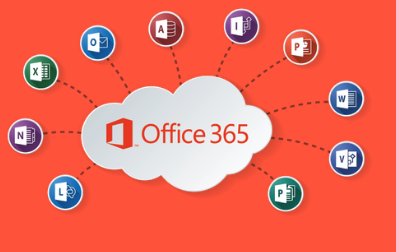FAST clarification
Apparently, when I previously wrote about Carrie's hand reaching out from the grave, the metaphor was too subtle. So let me make it absolutely clear: I'm not hoping the FAST turmoil will "just go away" so I won't be bothered by it anymore. I was pointing out the fact that the consequences could be further reaching than it being "just another investor soap", and the acquisition of FAST by Microsoft won't be enough to bury it.
Now that I've ruined the joke by explaining it anyway, let me add that this is no laughing matter. Of course, while it is much more fun to ridicule the situation without having to be able to back it up, I'll have to stick to the known facts: FAST is under investigation by the police. By stating just that, I estimate the readers of this blog to understand this as a serious warning.
When I say I'd rather discuss the technology, again, I imply rather then explain (to do a good job of that takes quite a few pages). So let me explicitly state some of the questions arising.
Now that FAST is turning out to be more of a Tucker Torpedo than a Cadillac (and to quote Wikipedia: "[Tucker's] Accessories Program raised funds by selling accessories before the car was even in production"): what is it Microsoft actually bought?
- Customers (who were, it now seems, fraudulently overvalued, and many of which are on the Linux platform), whom Microsoft probably won't support in the long run?
- Street-cred in enterprise search, which is now seriously marred by the consistently negative reports about FAST, compounded by suspicions that MS may have once again been blinded by competition with Google?
- A vision on enterprise search, in the form of a vice president of Enterprise Search possibly implicated in a police investigation?
These have been widely reported, and there doesn't seem to be a whole lot more of value that came for Microsoft's $1.2 billion than technology. Which is what prompted my widely misunderstood remark that I'd rather discuss just that piece of the puzzle. Surely, it would have been possible to acquire the technology at a friendlier price point, say $23 million (oh wait! they got that as a free bonus), but it raises enough questions on its own. Which parts of ESP aren't third party, bought, or open source? How would these be integrated, or will a separate product line emerge? What are Microsoft's long-term views on enterprise search?
I've criticized Microsoft's unclear strategy and roadmap for MOSS in the past, and once again, Redmond seems to be covered in fog. Since search solutions are written off in years, not months, knowing what future development holds for the software is very relevant to existing and prospective customers. I'd think twice before investing in an implementation until the clouds subside.
On a side note, kudos to Dave Kellogg for being the first to actually respond to my previous post under his own name. I received a fair bit of anonymous mail on this subject, and it seems paradoxical to be criticized for not speaking out loud enough by those who choose to remain incognito themselves. Though this post is not about Dave, as much as his post is not about me, I would like to point out that my name contains three A's (not two), and I'm not a 20-something English major. Yes, CMS Watch does have maps and charts, and no, we don't dismiss business problems -- we just prefer not to place too much emphasis on the intricate details of GAAP accounting procedures on this blog...;-)




